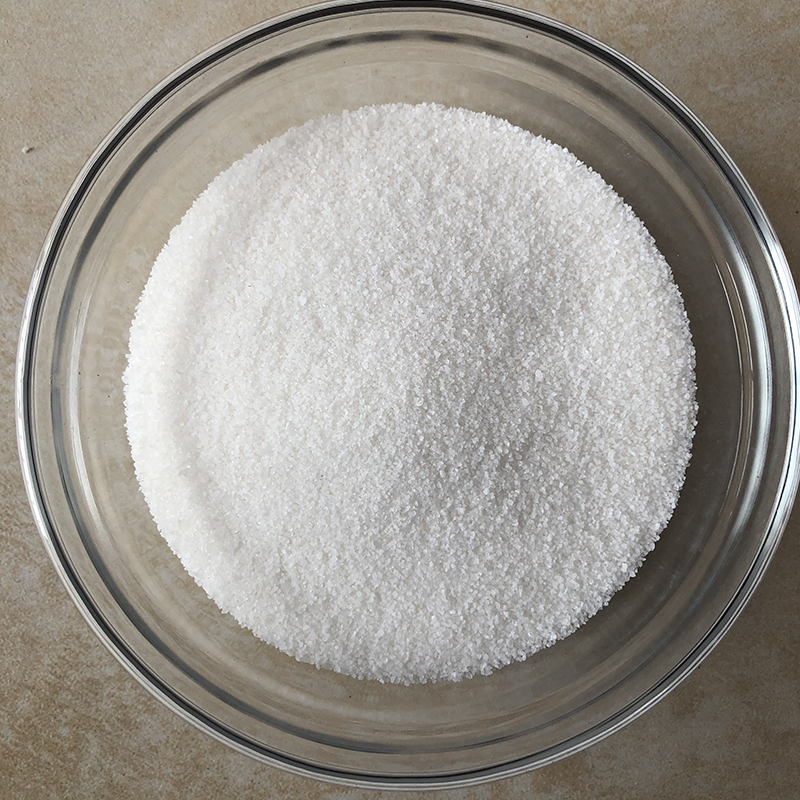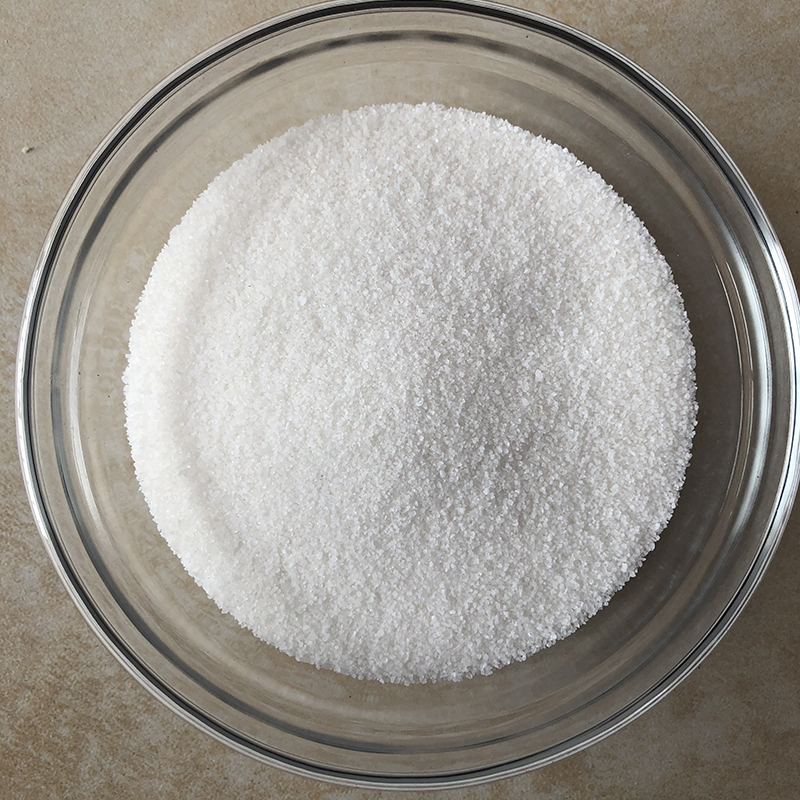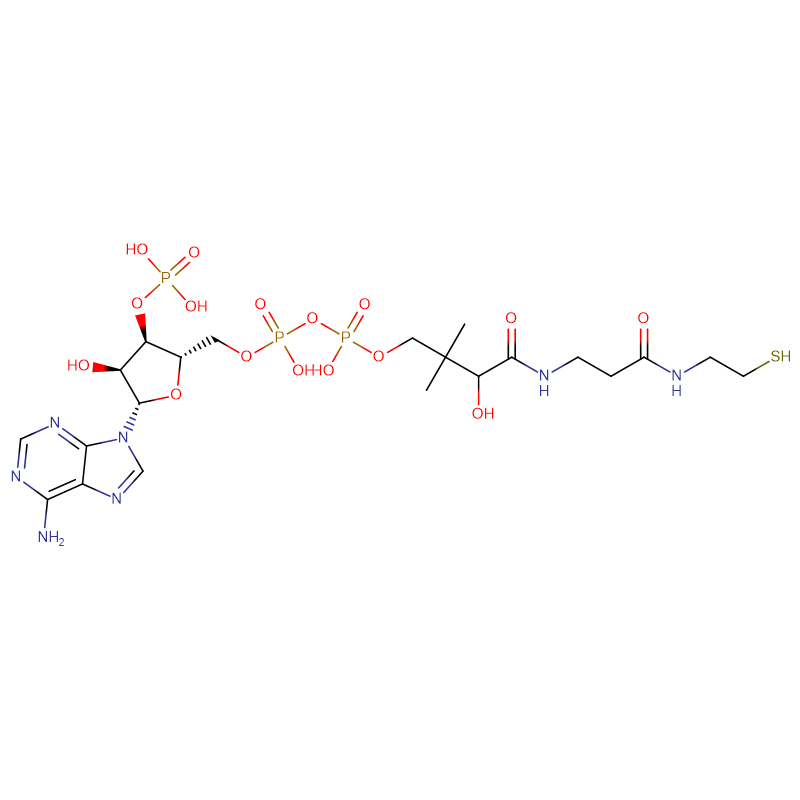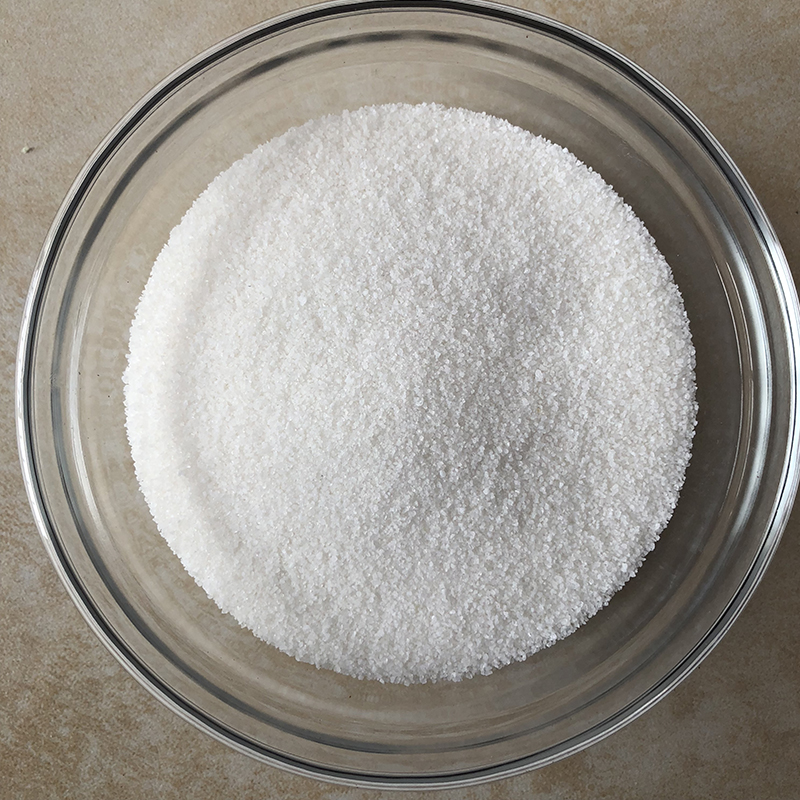Pepsin Cas: 9001-75-6 A white or slightly yellow powder IMMOBILIZED PEPSIN
| Catalog Number | XD90418 |
| Product Name | Pepsin |
|
CAS |
9001-75-6 |
|
Molecular Formula |
- |
|
Molecular Weight |
- |
| Storage Details | 2 to 8 °C |
| Harmonized Tariff Code | 35079090 |
Product Specification
| Heavy metals | <20ppm |
| Salmonella | Negative |
| Loss on Drying | <5.0% |
| Solubility | Soluble in water, insoluble in alcohol and other |
| Sulphated Ash | <5.0% |
| S.Aureus | Negative |
| Escherichia coli | Negative |
| Appearance | A white or slightly yellow powder |
| Yeast and Moulds | ≤100 cfu/g |
| Total Bacteria Count | ≤10000cfu/g |
| Protease Activity | ≤1.10000u/g |
| PS. Aeruginosa | Negative |
| Assay | 99% |
Pepsin can be used as a digestive aid. It is often used for indigestion caused by excessive consumption of protein foods, digestive dysfunction in the recovery period after illness, and pepsin deficiency caused by chronic atrophic gastritis, gastric cancer, and pernicious anemia. However, it is forbidden to be used in combination with alkaline drugs or sucralfate drugs.
is an enzyme preparation. It is mainly used in the production of fish meal and the hydrolysis of other proteins (such as soybean protein), the curdling effect in cheese production (combined with rennet), and can also be used to prevent the freezing and turbidity of beer.
This product is a digestive aid, used for dyspepsia caused by lack of pepsin or post-ill digestion. In addition, it is used as a substitute for dry gastric membrane in the manufacture of lactose, and is also used in biochemical research and protein structure analysis.
This product can decompose the coagulated protein into peptone after the action of gastric acid, but cannot further decompose it into amino acid. Its digestibility is the strongest with 0.2%~0.4% hydrochloric acid (PH=1.6~1.8).








